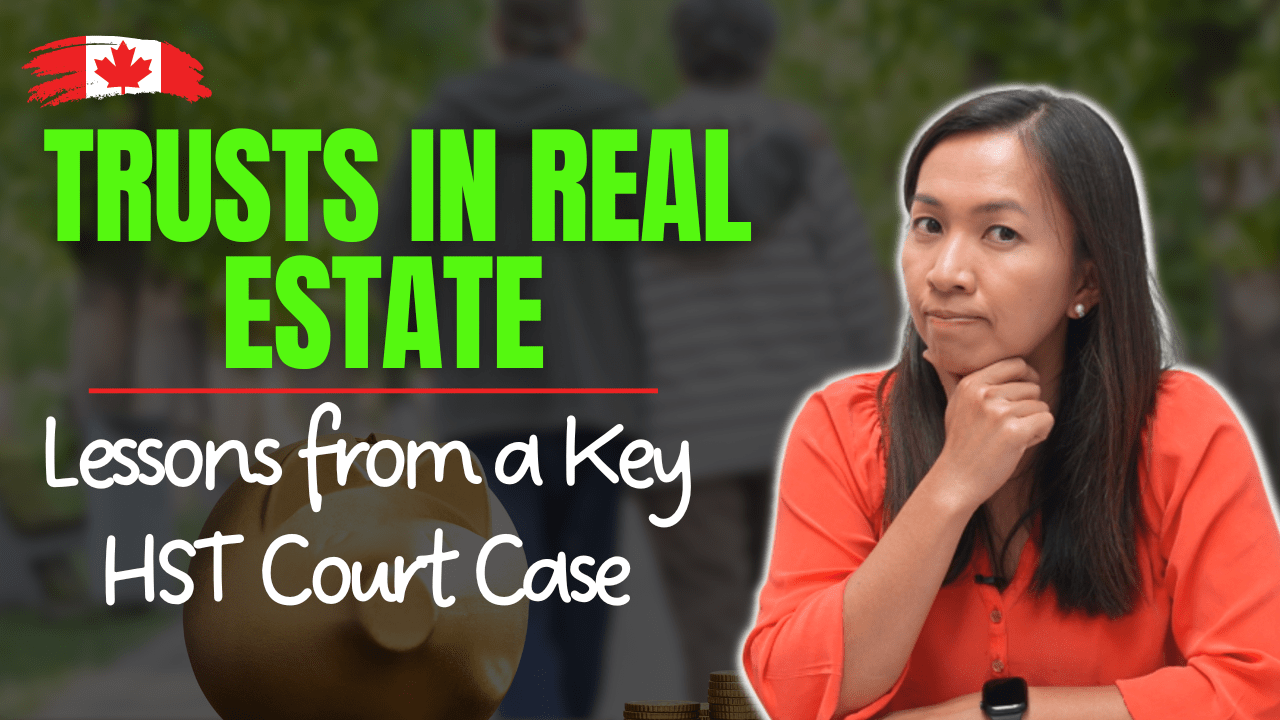Are you familiar with the concept of trust relationships?
Trust agreements, trust relationships, and bare trustees describe a legal arrangement where the legal owner of a property (on title) differs from the beneficial owner. Common law generally accepts this relationship, and so does the Income Tax Act.
Beneficial owners have rights to use properties, including renting them out. They’re responsible for filing taxes, reporting income and expenses, and declaring profits from property sales to the CRA. In essence, they are the real property owners. Legal owners, in these trust relationships, appear on legal papers, mortgage documents, and property tax bills. However, the true owners are the beneficial ones, often not listed on any legal documents.
The government is understandably cautious about this arrangement, as beneficial owners can remain anonymous, unknown to the authorities. This concern led the Canadian and US governments to introduce a new law mandating the reporting of these trust relationships through a T3 trust return, starting January 1, 2023. The first filing deadline is April 2, 2024.
For more information about this trust relationship and the new filing requirement, see my previous blog post or YouTube video below
Today’s Topic: A Recent Court Case Garg Investments Inc. v. The King
In this case, three family members entered agreements to purchase two new homes, intending to register them under their corporation, G Inc. However, the sellers refused to modify the purchase agreement. The family used a trust relationship to transfer ownership to G Inc. They drafted a trust agreement, indicating they were buying the properties for G Inc. At closing, they directed the title be registered under G Inc., with closing funds provided by the corporation.
Many of you know about the GST/HST rebate called New Residential Rental Property Rebate (NRRPR). To claim this, taxpayers must submit a form to the CRA, along with the original purchase agreements, closing documents, trust ledger, statement of adjustments with the HST amount, and a lease agreement copy.
In this case, the HST rental rebate NRRPR application was submitted under G Inc., but the purchase agreement listed the three family members as buyers. Consequently, the CRA disallowed the rebate claim.
The court ruled that HST rental rebate law does not differentiate between beneficial and legal ownership. It focuses on the purchaser-seller relationship. Therefore, G Inc. was not entitled to the HST residential rental rebate.
Lesson Learned
When using a trust agreement for new residential home purchases, consult with a professional accountant to understand your options. Incorrect execution of the trust agreement and HST residential rental rebate application could mean losing out on a significant rebate (up to $24,000 in Ontario).
Until next time, happy Canadian Real Estate Investing.
Cherry Chan, CPA, CA
Your Real Estate Tax Accountant





